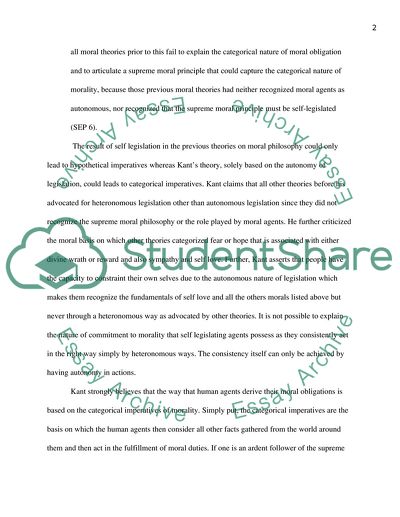Cite this document
(“Practical Anthropology and Moral Philosophy Distinction Essay”, n.d.)
Retrieved from https://studentshare.org/philosophy/1585356-practical-anthropology-and-moral-philosophy-distinction
Retrieved from https://studentshare.org/philosophy/1585356-practical-anthropology-and-moral-philosophy-distinction
(Practical Anthropology and Moral Philosophy Distinction Essay)
https://studentshare.org/philosophy/1585356-practical-anthropology-and-moral-philosophy-distinction.
https://studentshare.org/philosophy/1585356-practical-anthropology-and-moral-philosophy-distinction.
“Practical Anthropology and Moral Philosophy Distinction Essay”, n.d. https://studentshare.org/philosophy/1585356-practical-anthropology-and-moral-philosophy-distinction.


